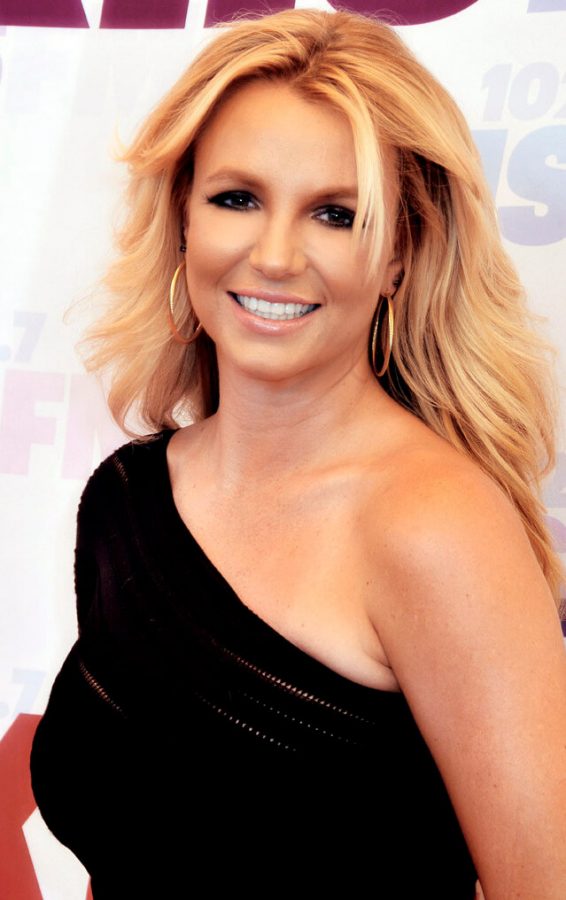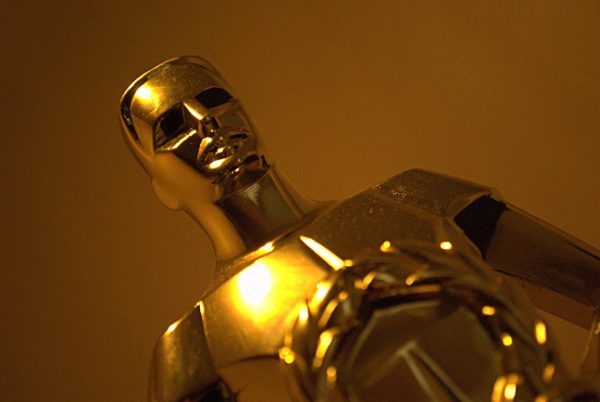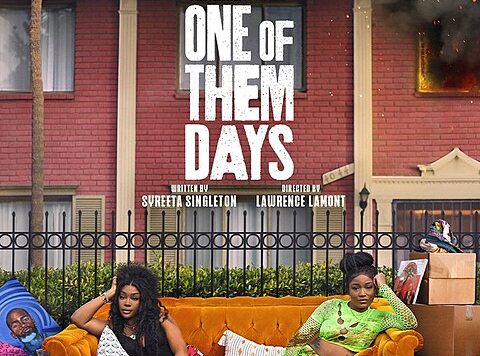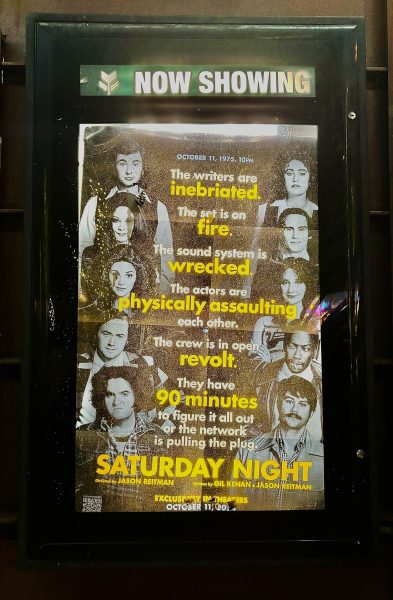“Framing Britney Spears” opens conversation on how female celebrities are treated
The #FreeBritney movement began in 2009 in response to the conservatorship she was placed under in 2008. Recently, the movement has gained more attention after social media reacted to an episode of the podcast, “Britney’s Gram.”
“The New York Times Presents” on Hulu released an episode about the rise and fall of Britney Spears titled “Framing Britney Spears.” The episode is about an hour long and includes testimony from Britney’s former assistant and a lawyer who consulted on her conservatorship case, as well as others.
Since 2008, Britney Spears has been under a conservatorship. A conservatorship is a concept in the United States court system wherein the courts appoint a guardian to manage a person, their financial affairs or both. Conservatorships are a disability issue because people that are placed under conservatorships are ruled to be unable to care for themselves or make decisions that are in their best interest. Normally, people who are placed under conservatorships are elderly, which adds interest to Britney’s court case.
In 2008, Britney was also at the height of her mental and emotional downfall. The documentary highlights the effect that the paparazzi and tabloids played in her mental decline. Throughout the documentary, they included old snippets of interviews that were very offensive and uncomfortable to look at now. Looking back, it is evident that Britney was mistreated by the media and was over-sexualized from a young age. She was asked by male interviewers about her virginity, breasts and accused of being a bad mom.
Throughout the documentary I noticed the parallels of how the media treated young female artists throughout the early 2000s. Paris Hilton, Lindsay Lohan and Courtney Love are all examples and victims of the predatory nature of the paparazzi and media in the early 2000s. In the documentary, Daniel Ramos who was a prominent paparazzi from that time recalled the large amount of money that an off-guard, unflattering picture of Spears could bring in. Ramos was also the photographer that shot the infamous photo of Britney hitting his car with a green umbrella.
The money involved in getting unflattering pictures of Spears led to the swarms of photographers who would stalk her every move.
Throughout the documentary, it was so evident that the struggles Britney was facing were mental and emotional. However, the conversation at the time was just wondering what was “wrong” with her and why she could not get her life together, and there was no concern for her mental health. Her father believed that a conservatorship would be the best option for Britney to get her life back on track. Sadly, her father took advantage of her and will not allow for her to be free from his control.
Towards the end of the movie, they highlight the Free Britney Movement that centers around people on the internet wanting Britney to be free from her conservatorship. Britney’s conservatorship has been managed by her father, Jamie Spears since 2008. Jamie Spears made money from serving as his daughter’s conservator and profited off of her Las Vegas residency performances, arguing that he was due money for managing her performance schedule. Jamie Spears makes a lot of money off of Britney, adding to the belief that money fuels his want for conservatorship over her.
The documentary has since brought up many questions in regards to how we as a society treat celebrities, especially female celebrities. In the documentary, they make an interesting comparison between the public’s obsession with the royal family in England and relating it to celebrities in the United States. The paparazzi that followed Spears every move did so because there was a demand for unflattering pictures of her, which the public demanded from tabloids by their increased viewership. This all begs the question, is the public to blame for the downfall of Spears?











